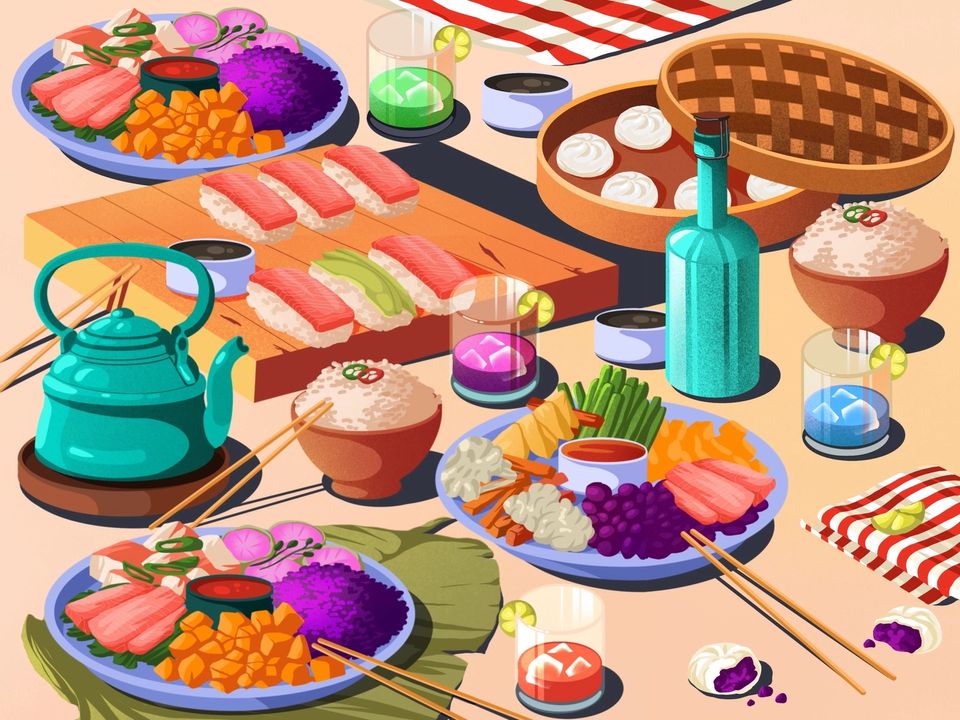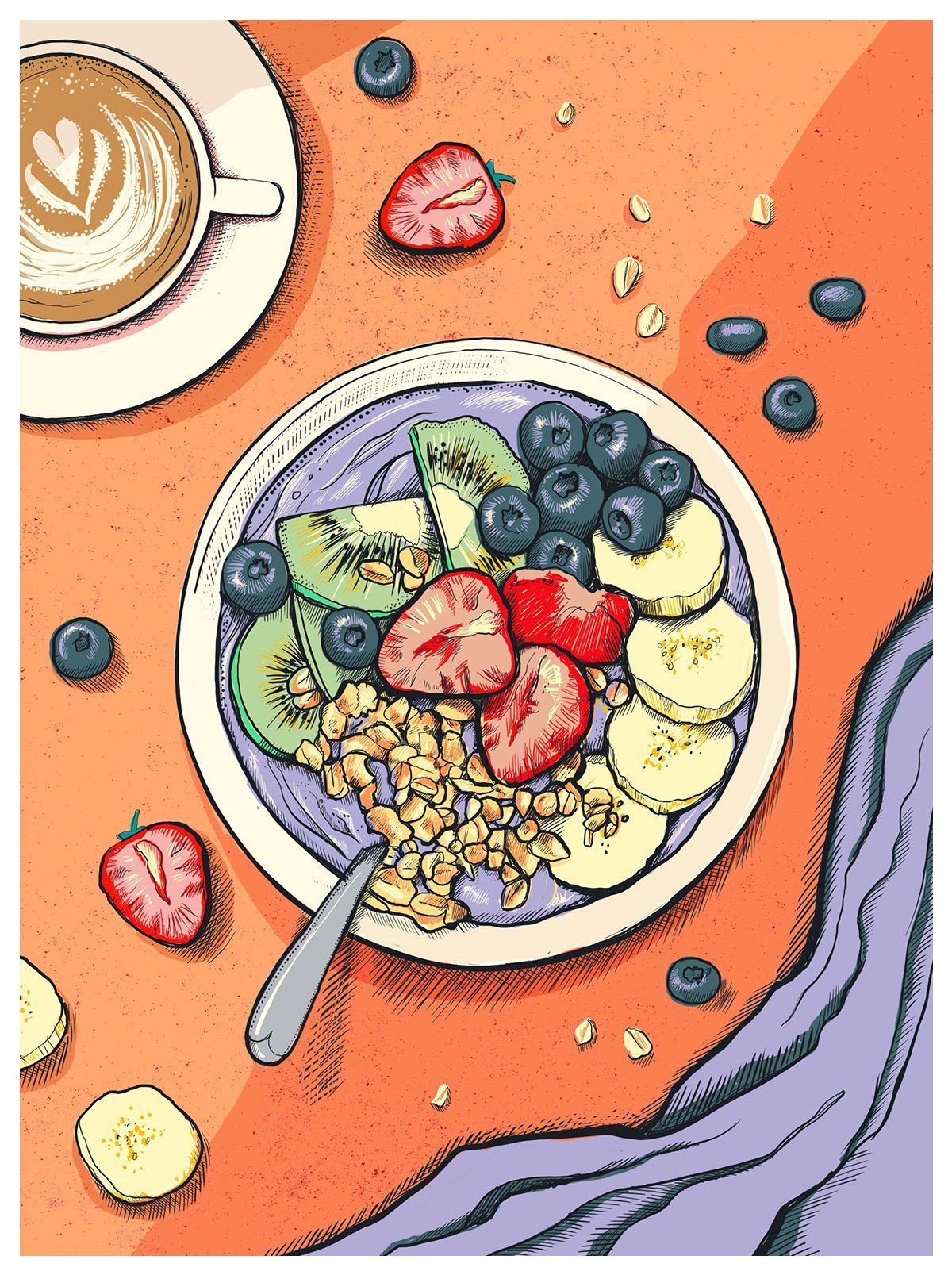Dietary Confirmation Bias: A Flavorful Exploration of Our Eating Minds

We've all been there: You read an article claiming chocolate is a superfood, and suddenly, your daily chocolate indulgence feels justified. Or perhaps you've sworn by a particular diet because a celebrity endorsed it. Welcome to the world of "Dietary Confirmation Bias"!
Let's dig into this tasty psychological concept and see how it shapes our plates and our lives.
What's Cooking in the Mind:
"Dietary Confirmation Bias" is like having a favorite recipe and ignoring all others. It's our tendency to pick, chew, and digest information that confirms our existing beliefs about food and health.
This mental seasoning can lead to repetitive eating patterns and a reluctance to try new culinary adventures.
The Ingredients of Bias
- Confirmation of Eating Habits:
This is where our love for certain foods blinds us to other nutritional truths. If you're convinced that kale is the elixir of life, you might ignore studies showing its potential downsides. It's like putting extra cheese on everything because you read somewhere that cheese is healthy. This selective information gathering can lead to an unbalanced diet. - Resistance to Change:
This aspect of the bias keeps us stuck in our culinary ways. Trying to convince a die-hard meat-lover to try a plant-based diet? Good luck! This resistance can prevent us from exploring healthier options, much like refusing to take off a favorite but worn-out pair of shoes. - Impact on Physical Health:
Clinging to familiar but unhealthy eating patterns can have long-term consequences. If you're stuck on grandma's buttery recipes, you might overlook the impact on your heart health. It's akin to enjoying a daily dessert and then being surprised by weight gain. - Effect on Mental Health:
This bias isn't just about food; it's about how we approach life. If you refuse to try new cuisines, what else are you closing your mind to? It's like refusing to travel to new places and missing out on enriching experiences. - Sociocultural Influences:
Ever felt the pressure to eat quinoa because it's trendy? Social media, celebrities, and even friends can push us towards certain diets, making us followers rather than informed eaters. It's like wearing a fashion trend even if it doesn't suit you. - Therapeutic Opportunities:
The silver lining? Recognizing this bias can open doors to a more balanced lifestyle. With professional guidance, you can break free from these mental food traps and become a true connoisseur of healthy living. It's like finding a new hobby that you never knew you'd love.
"Dietary Confirmation Bias" is a complex blend of mental and social factors that shape our eating habits. By understanding these ingredients, we can cook up a more mindful and healthful approach to food.
It's not just about what's on our plate; it's about how we think, choose, and savor our meals.
So, let's set the table with awareness and enjoy a feast of well-being!
Tangible Ways to Savor a Balanced Diet

- Embrace Culinary Curiosity:
Try new foods and diets with an open mind. Who knows? Quinoa might become your new favorite grain. - Seek Professional Guidance:
A dietitian can help you navigate the buffet of dietary information. - Mindful Munching:
Before reaching for that snack, pause. Reflect on why you're choosing it. Is it genuinely healthy, or is it just what you've always believed to be healthy? - Educate Yourself:
Read from diverse sources to get a well-rounded view of nutrition. - Practice Critical Thinking:
Don't just swallow information whole; chew on it, taste it, and see if it's right for you.
A Toast to Open-Minded Eating
"Dietary Confirmation Bias" is more than a mouthful; it's a fascinating look at how our minds shape our meals. By recognizing this bias, we can cook up a more balanced and joyful approach to eating.
So next time you reach for that "miracle" food, pause and ponder: Is it nourishment or just a mental appetizer?
Here's to a delicious journey of self-discovery, one bite at a time!